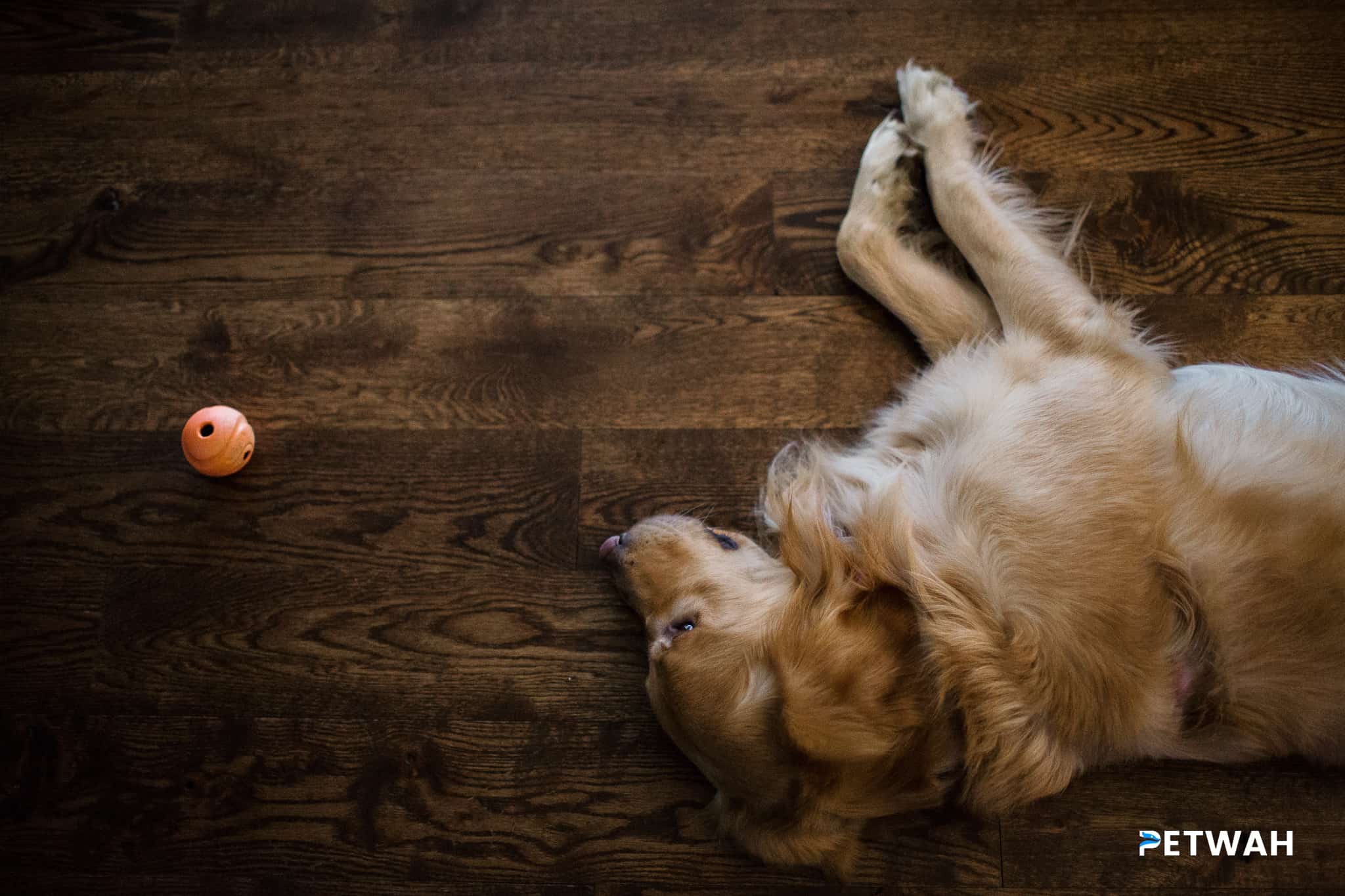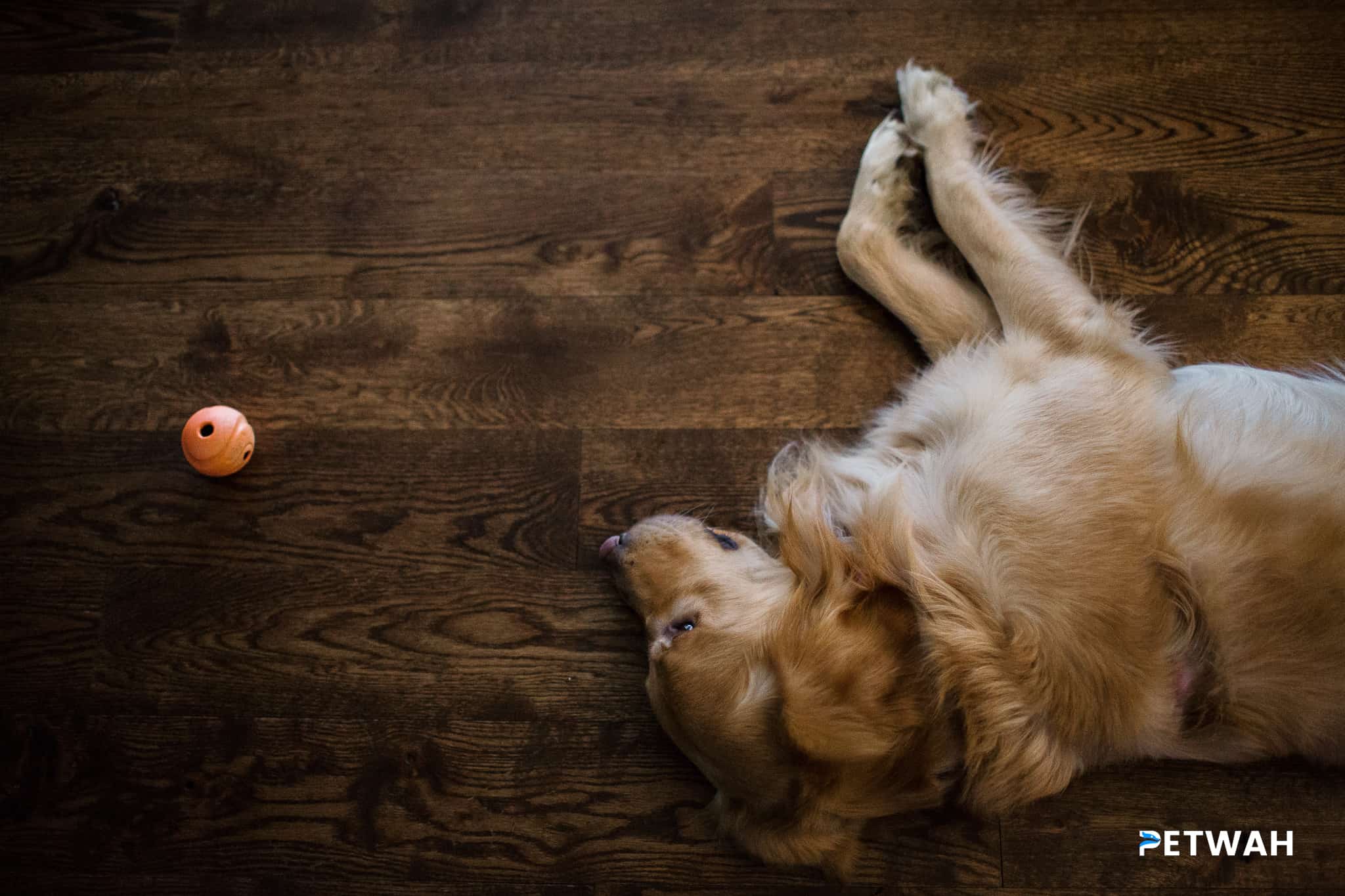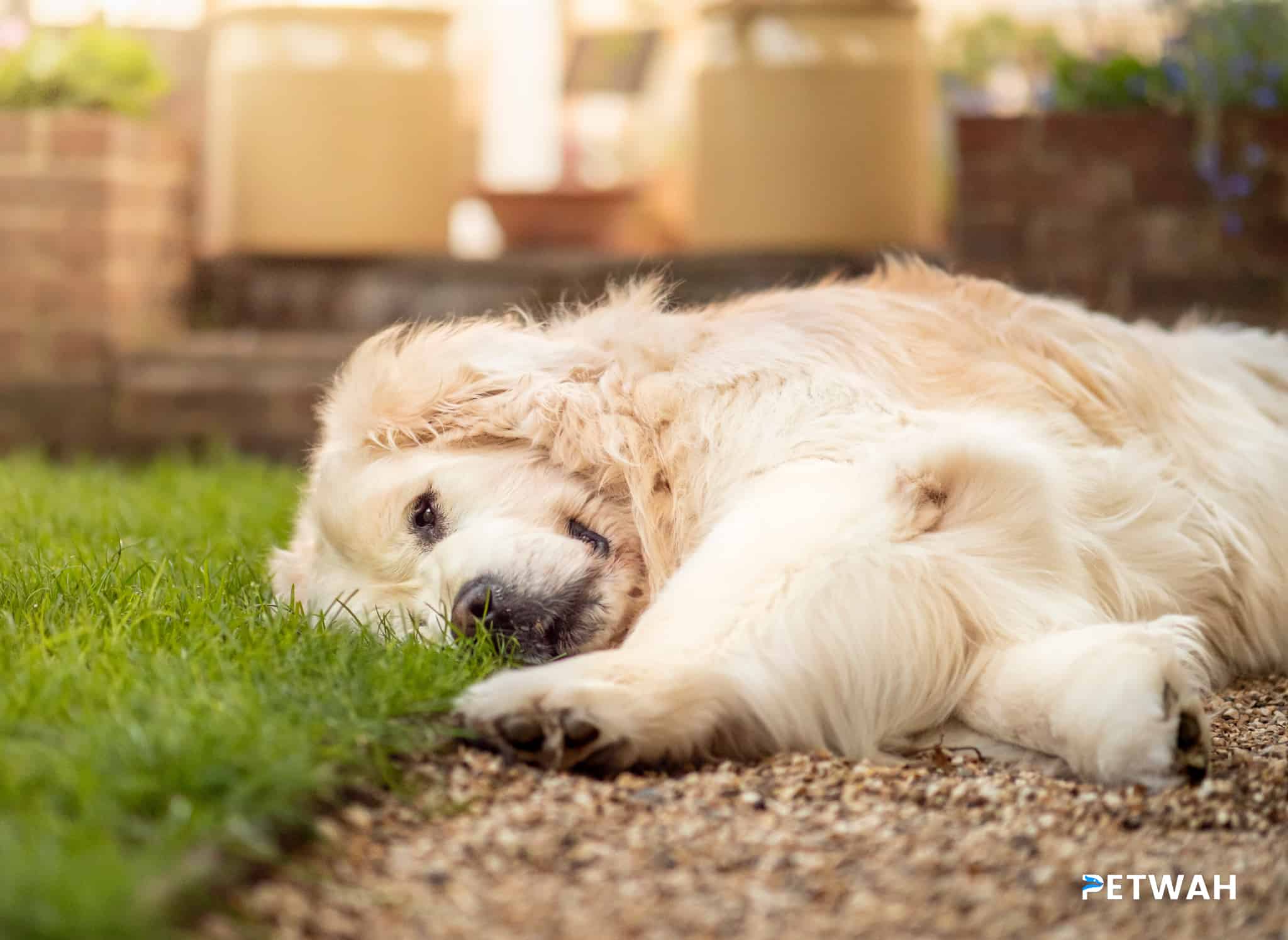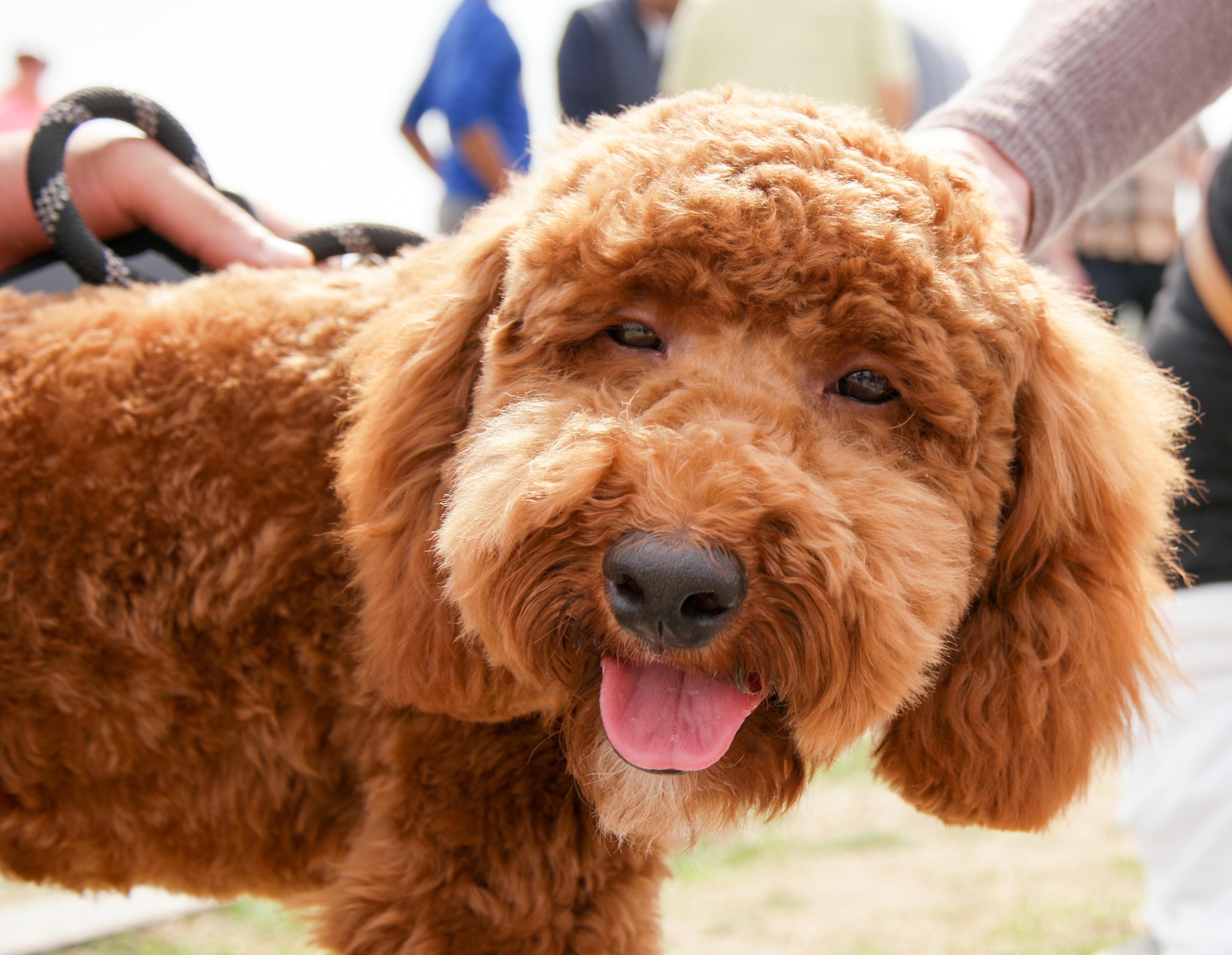Digging is a natural behavior for many dog breeds, including Golden Retrievers. However, when this behavior becomes excessive or destructive, it is important to address it in a manner that is both effective and humane. In this article, we will explore some strategies and techniques to help you address digging behavior in Golden Retriever puppies.
Understanding the Root Causes of Digging
Before diving into solutions, it is crucial to understand the root causes of digging behavior in Golden Retriever puppies. Some common reasons why dogs may dig include:

1. Boredom: Puppies that are not adequately stimulated and engaged may resort to digging as a form of entertainment.
2. Seek Comfort: Dogs may dig to create a cool spot to lie down in hot weather or to find shelter from extreme temperatures.
3. Hunting Instincts: Retrievers have a strong instinct to dig and search for prey. This behavior is deeply ingrained in their DNA.
4. Anxiety or Stress: Digging may be a manifestation of anxiety or stress in dogs. Identifying and addressing the underlying cause is essential in these cases.
Effective Strategies to Address Digging Behavior
1. Provide Sufficient Exercise: Golden Retrievers are highly active dogs that require regular physical exercise to expend their energy. A tired puppy is less likely to engage in destructive behaviors like excessive digging.
2. Mental Stimulation: Alongside physical exercise, mental stimulation is equally important. Engage your puppy in interactive games, training sessions, and puzzle toys to keep their mind occupied, reducing the tendency to dig.
3. Designated Digging Area: Creating a designated area where your puppy is allowed to dig can help redirect their digging behavior. Fill this area with loose soil, sand, or other appropriate materials. Encourage and reward your puppy for using this spot.
4. Supervision and Deterrence: Supervising your puppy when they are in the backyard can help prevent excessive digging. When you notice digging behavior, redirect their attention to a more appropriate activity like fetching a ball or playing with a toy. You can also use deterrents like bitter apple spray or placing rocks or chicken wire in the areas where digging is not desired.
Quotes and Externals links
According to the American Kennel Club (AKC), “Digging is often a symptom of one or more of several factors: environmental, instinctual, or disciplinary.” [AKC]
If you want additional resources on how to train your Golden Retriever, you can visit the American Kennel Club’s Puppy Training Tips page [AKC].
FAQs
1. Why do Golden Retrievers dig?
Golden Retrievers may dig for several reasons, including boredom, seeking comfort, hunting instincts, or due to anxiety and stress.
2. How do I stop my Golden Retriever puppy from digging?
To stop your Golden Retriever puppy from digging, provide sufficient exercise and mental stimulation, create a designated digging area, and supervise and redirect their behavior when they start digging inappropriately.
3. Is it possible to completely eliminate digging in Golden Retrievers?
While it may be difficult to completely eliminate digging behavior in Golden Retrievers due to their innate instincts, proper training and redirection techniques can significantly reduce excessive digging.
4. How long does it take to train a Golden Retriever puppy to stop digging?
The time it takes to train a Golden Retriever puppy to stop digging can vary. It depends on the specific puppy and their responsiveness to training. Consistency, positive reinforcement, and patience are key factors in successful training.
5. Should I punish my Golden Retriever puppy for digging?
Punishing your Golden Retriever puppy for digging is not recommended. Instead, focus on redirection, providing appropriate outlets for their digging instincts, and addressing any underlying issues that may be causing the behavior.
PetWah
In conclusion, addressing digging behavior in Golden Retriever puppies requires understanding the root causes and implementing effective strategies. By providing exercise, mental stimulation, and a designated digging area, you can redirect their behavior and minimize destructive digging. Remember to be patient and consistent in your training efforts. For more tips and resources on training your furry friend, visit PetWah.com. Happy training!
*Please note that PetWah.com is a fictional website created for the purpose of this AI-generated content.







.jpg)
